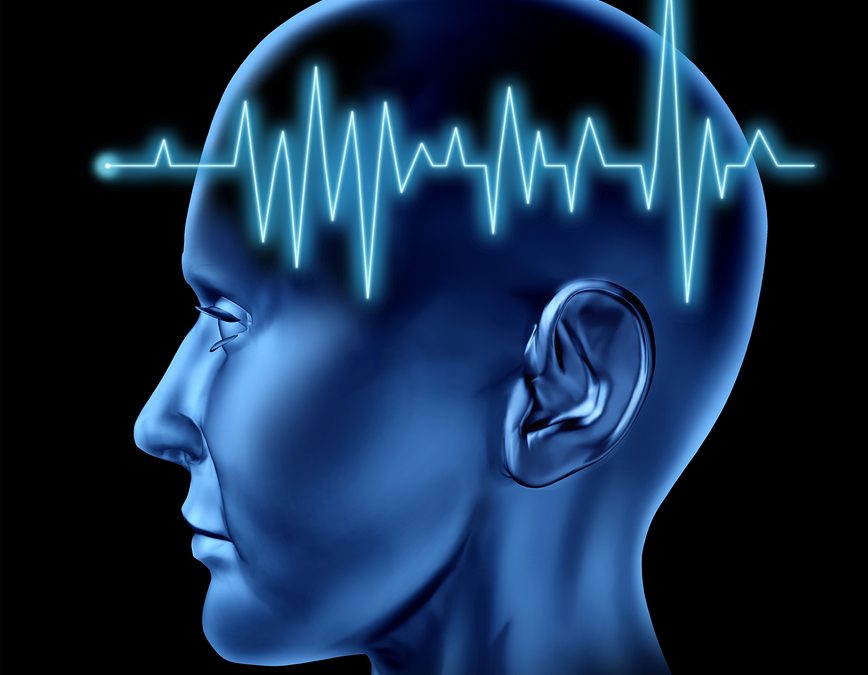Patients suffering from recurrent strokes in the small arteries of the brain are typically treated aggressively for risk factors such as high blood pressure and are encouraged to live a healthy lifestyle. New research published in JAMA Neurology last year reports that for some people this is not enough. Some patients have strokes caused by an intracranial stenosis, which is a blocked artery in the brain due to plaque or other build up. These patients are at high risk for a recurrent stroke despite aggressive medical treatment.
The American Heart Association (http://news.heart.org) selected this research development as one of its top 10 advances in heart and stroke science in 2016. The researchers found that it is more effective to provide aggressive medical treatment than to combine this approach with stenting to prevent strokes in patients with intracranial stenosis. Stents are tiny tubes that are inserted into the brain artery to help keep blood flowing.
About 15 percent of these patients would suffer from a stroke or die within three years. “Even though medical treatment was better than stenting, the risk of stroke on medical therapy is very high. Better treatment options are really important,” said Colin Derdeyn, MD co-principal researcher on a clinical trial of SAMMPRIS (Stenting and Aggressive Medical Management for preventing Recurring Strokes in Intracranial Stenosis). Patients with intracranial stenosis account for 8 percent to 10 percent of the nearly 800,000 strokes in the United States each year. About 6 million Americans have had a stroke.
The major finding from the study found that those patients with intracranial stenosis have a better rate of survival if they take a statin. Statins appear to stabilize the plaque in the arteries which stop the rupturing of the arteries, leading to a lower risk for a stroke. Statins are a group of drugs that help lower the level of cholesterol in the blood.
The SAMMPRIS included 227 patients who had a recent stroke or TIA that was the result of a 70 to 90 blockage in an intracranial artery. The most effective medical treatment for these patients included aspirin, a statin, a short-term blood thinner, and a healthier lifestyle to help lower blood pressure and cholesterol levels. The small scale study provides “clues” to build on in future clinical trials as researchers look to find remedies for treating patients with intracranial stenosis.
Source: American Heart Association News, “New therapies needed to prevent recurrent strokes in high-risk group,” March 2017
MedTrust Transport provides emergent and non-emergent ambulance services in Charleston, Myrtle Beach and Georgetown, South Carolina. We have expertly trained EMT personnel and a fleet of fully-equipped ambulances. We aim to provide compassionate and timely patient care.

